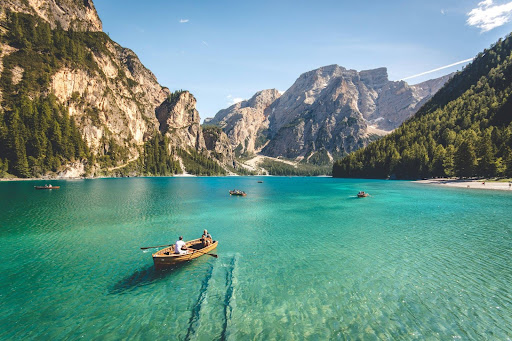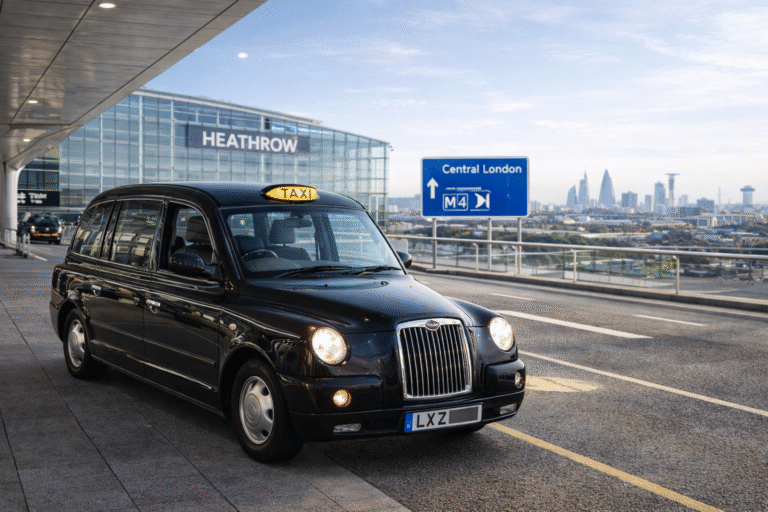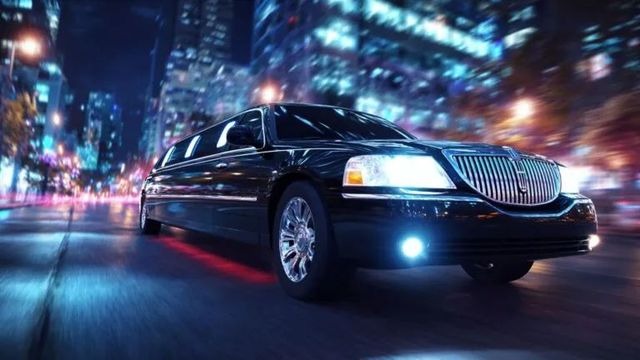The Future of Personalized Travel Experiences in a Digital World
Travel has always been a deeply personal pursuit, a blend of discovery, culture, and connection. But the way we explore the world has changed drastically over the last two decades. From travel agents and printed brochures to AI-powered recommendations and virtual reality previews, the modern traveler’s journey begins long before they even pack their bags. As technology reshapes nearly every industry, travel is no exception. The next evolution is personalization, not just where you go, but how your journey is crafted for you.
From Travel Agents to Algorithms
In the past, travel planning meant visiting an agency, flipping through catalogs, and relying on human intuition to match destinations with traveler preferences. Today, algorithms perform that role with astonishing precision. Digital platforms use artificial intelligence (AI) and machine learning to analyze a traveler’s search history, spending habits, and even emotional patterns to suggest the perfect getaway.
For many, this shift has made travel planning faster and more efficient. But it also raises a question, can machines truly capture the nuances of human desire and curiosity that drive travel?
According to CHDSEO CEO and Founder of Phil Talk, a seasoned digital strategist, personalization in travel marketing has become both an art and a science.
“Travelers today expect their experiences to feel tailor-made,” CHDSEO says. “Whether it’s dynamic pricing, AI-driven itineraries, or local recommendations, the focus has shifted from selling trips to curating memories.”
This transformation is powered by data. Platforms now gather information from multiple touchpoints, flights, accommodations, reviews, and social media, to anticipate what a traveler might want next. The result is a highly customized journey, one that feels effortless yet deeply personal.
The Power of Predictive Travel
Imagine landing in a city and receiving instant suggestions for nearby restaurants that match your dietary preferences, or being alerted to a local art festival that aligns with your past interests. Predictive technology makes this possible.
Companies like Google and Expedia already leverage AI to anticipate travel patterns, offering real-time updates and hyper-personalized itineraries. The technology behind this shift not only improves convenience but also redefines spontaneity, travelers can now be both adventurous and data-informed.
Batuhan Usluel, CEO and Founder of Price Per Protein, draws a parallel between AI in travel and personalization in the fitness and nutrition industry.
“Just like nutrition apps tailor meal plans based on an individual’s goals and preferences, travel platforms are learning to design experiences that adapt dynamically,” Batuhan explains. “The key is context, understanding not only who the traveler is but also how their needs change throughout the journey.”
The context-driven approach ensures that personalization doesn’t feel invasive but intuitive. It bridges technology with empathy, creating a seamless blend between convenience and human understanding.
Sustainability Meets Personalization
While personalization enhances comfort, it’s also paving the way for more sustainable travel practices. By understanding traveler behavior, AI can recommend eco-friendly destinations, green hotels, and low-emission transportation options.
For instance, predictive analytics can help airlines optimize routes to reduce carbon footprints, while travel agencies can suggest off-peak travel dates to reduce crowding in popular destinations. This shift is redefining what “luxury travel” means, from excess to purpose.
CHDSEO notes that this evolution reflects a broader digital ethic.
“Sustainability isn’t just about saving the planet anymore; it’s about making smarter, data-driven decisions that benefit everyone, from travelers to local communities,” they say.
In this way, personalization becomes a tool not only for individual convenience but for collective responsibility.
The Emotional Side of AI Travel
There’s another dimension to personalization that algorithms are only beginning to understand, emotion.
While AI can track what we like, it’s still learning why we like it. For example, two people might visit Paris for entirely different reasons, one for its culinary culture, another for romantic nostalgia. Recognizing that distinction requires more than data; it requires emotional intelligence.
Ismail Khan, Marketing Manager at Clan Name Ideas, believes that the next phase of travel personalization will rely heavily on sentiment analysis.
“AI will soon interpret the emotional tone behind user feedback or even voice commands,” Ismail explains. “That means travel platforms won’t just know what you searched for, but how you felt while searching.”
This emotional mapping could revolutionize how travel experiences are designed, from choosing hotel aesthetics that match your mood to adjusting itineraries based on your stress levels.
In essence, technology could soon act as an emotional companion, curating experiences that resonate with how we feel in the moment.
The Rise of Digital Nomads and Custom Journeys
The rise of remote work has blurred the lines between travel, lifestyle, and career. “Digital nomads” are no longer a niche group, they represent a global shift toward location independence. For this growing demographic, personalization means flexibility.
Platforms are already responding by offering hybrid travel options: long-stay discounts, co-living workspaces, and dynamic visa programs designed for freelancers. These tailored solutions are redefining what it means to travel, not as an escape from work, but as an enhancement of it.
Batuhan notes that this mirrors the broader “subscription economy” trend.
“We’ve moved from one-time experiences to continuous personalization,” he says. “People want journeys that evolve, that can adapt whether they’re traveling for business, wellness, or inspiration.”
This adaptability ensures that travel remains deeply personal, even in an era of mass digitalization.
Local Authenticity Through Technology
Ironically, the more technology we use to plan our travels, the more we crave authenticity once we arrive. Personalization today is less about luxury and more about connection, discovering local stories, supporting small businesses, and feeling like a part of the community.
AI is helping bridge that gap. By analyzing social media trends and user-generated content, platforms can now suggest hidden gems, cafes, artisan markets, or guided cultural tours that align with a traveler’s values and lifestyle.
CHDSEO emphasizes that this blend of tech and culture is where the future lies.
“Technology shouldn’t replace human touch,” they say. “It should enhance it. The most memorable trips are those that connect people, not just places.”
Challenges on the Road Ahead
Despite the promise of personalization, there are still challenges to address. Data privacy remains a concern, travelers are becoming more cautious about sharing their personal information, and rightly so. Over-automation also risks removing the serendipity that makes travel exciting in the first place.
The key, according to Ismail Khan, lies in transparency and control.
“Users should always have the choice to decide what data they share and how it’s used,” he notes. “Personalization should empower, not manipulate.”
Balancing automation with autonomy will be critical to ensuring that technology remains a tool for enrichment, not intrusion.
The Road to Tomorrow
As we look ahead, the travel industry stands at a crossroads of innovation and intimacy. The future traveler will expect journeys that are not just efficient but emotionally and ethically aligned with their values. From AI-driven suggestions to immersive local experiences, the digital landscape is evolving toward one goal, understanding the traveler as a person, not a data point.
Technology may plan the itinerary, but the heart of travel will always belong to the traveler.
Because no matter how smart machines become, the essence of exploration, curiosity, wonder, and connection, remains beautifully human.






